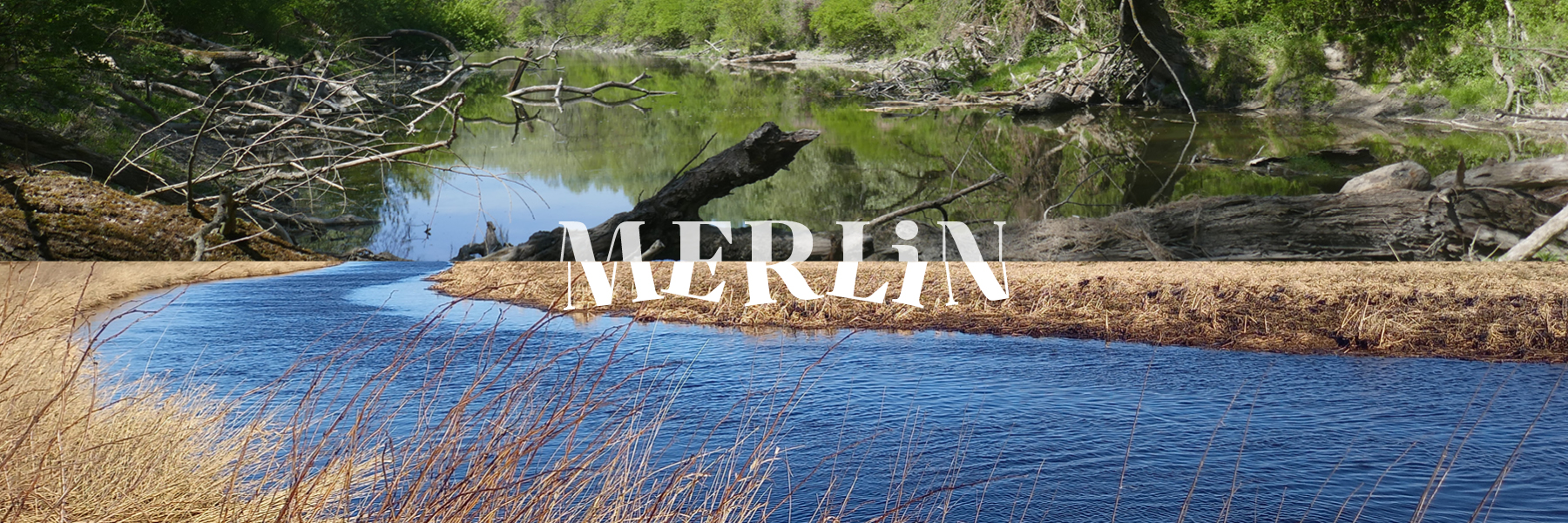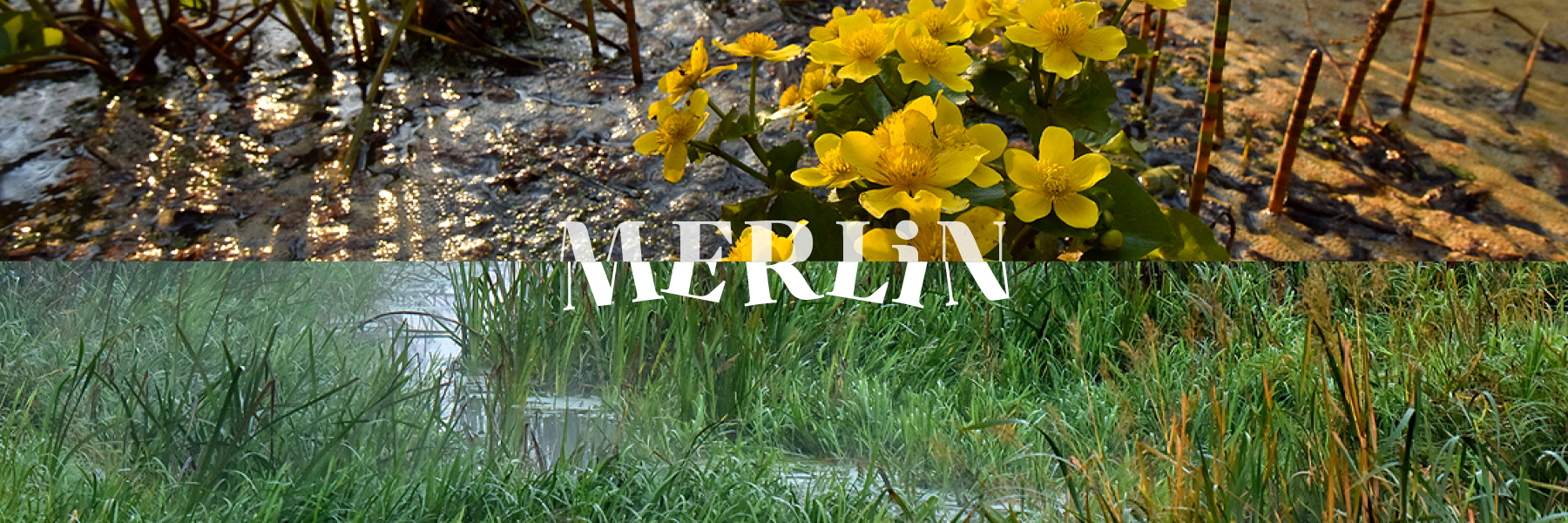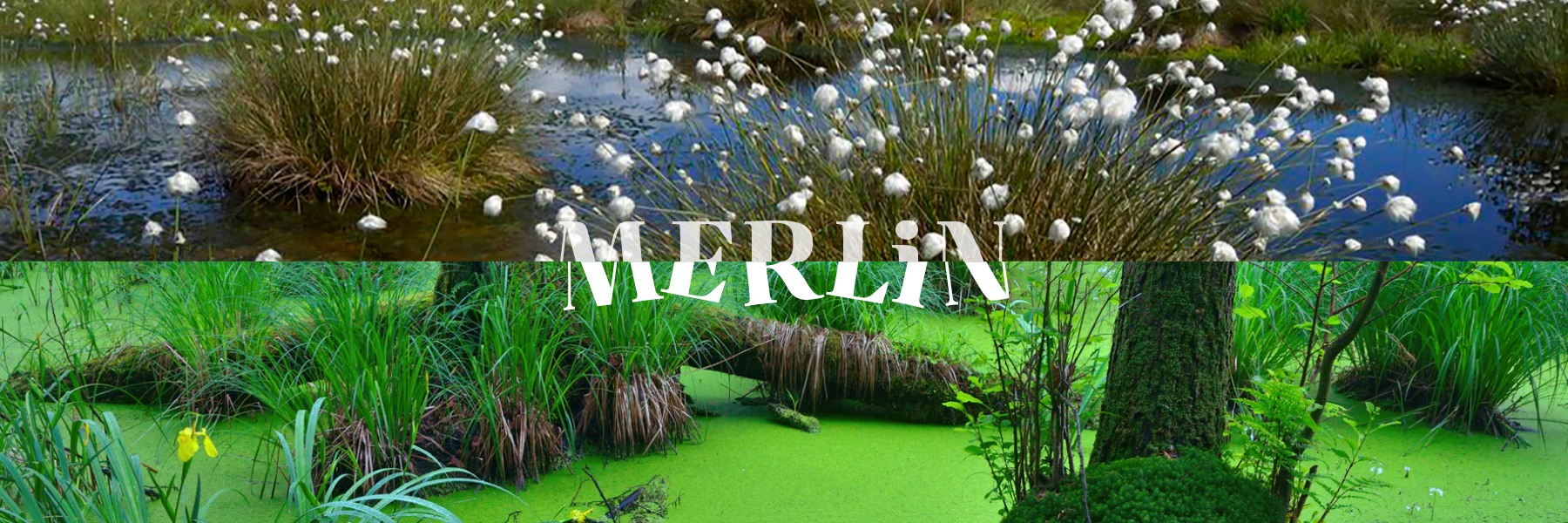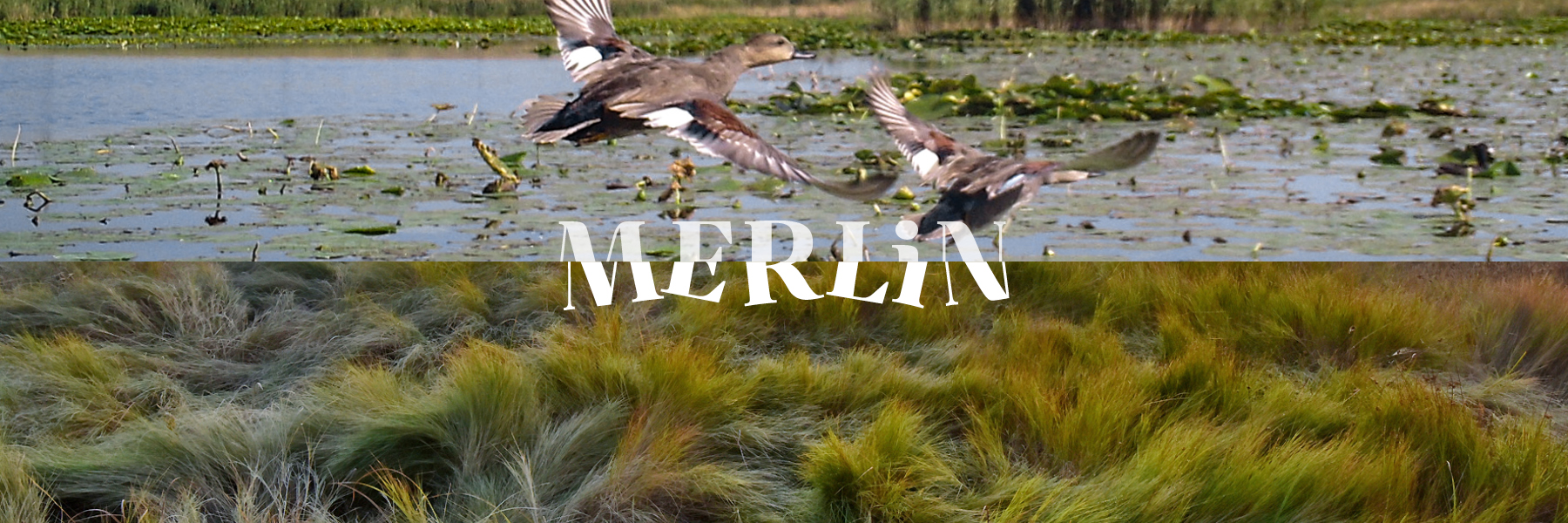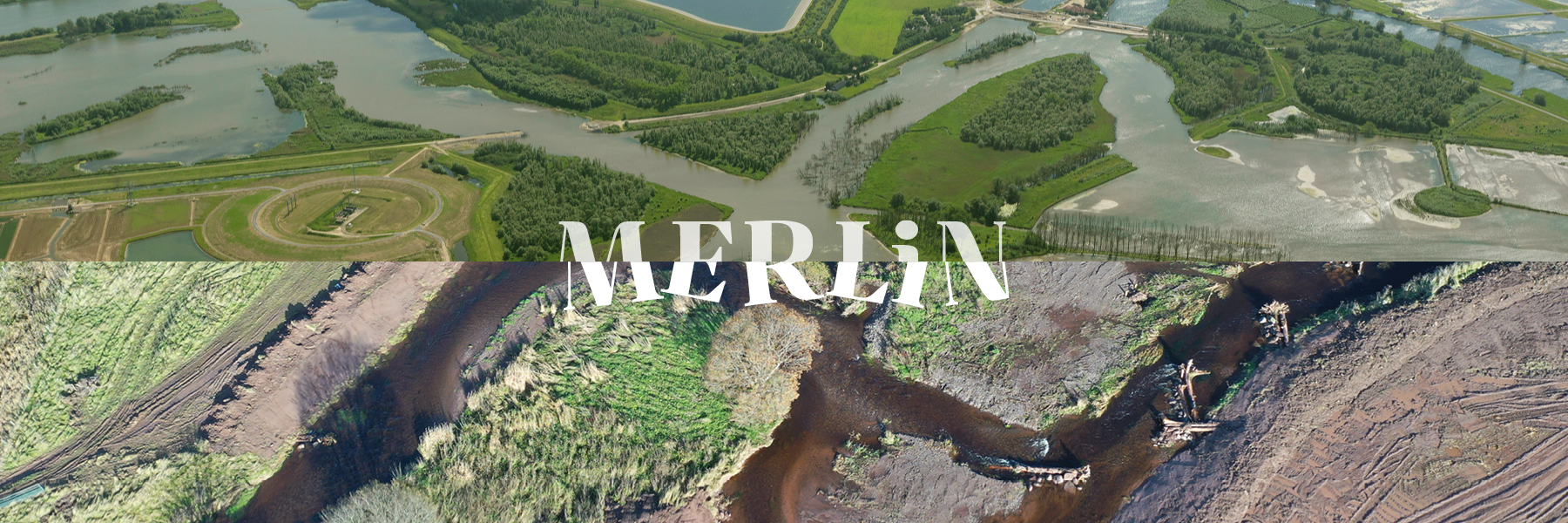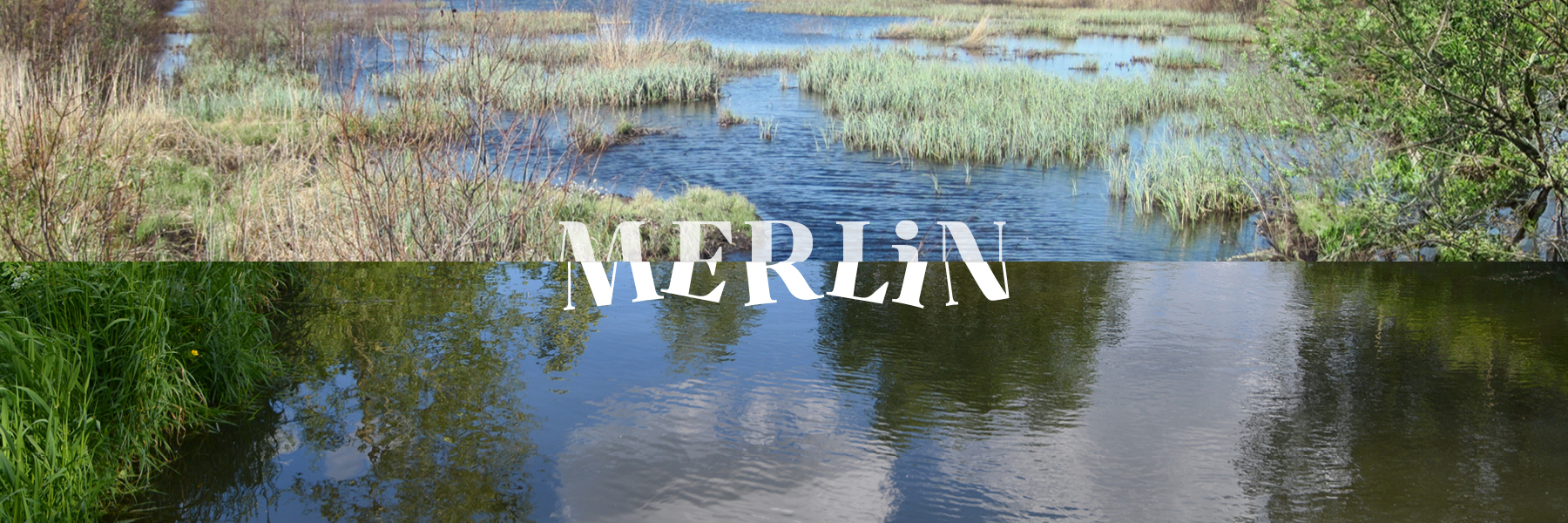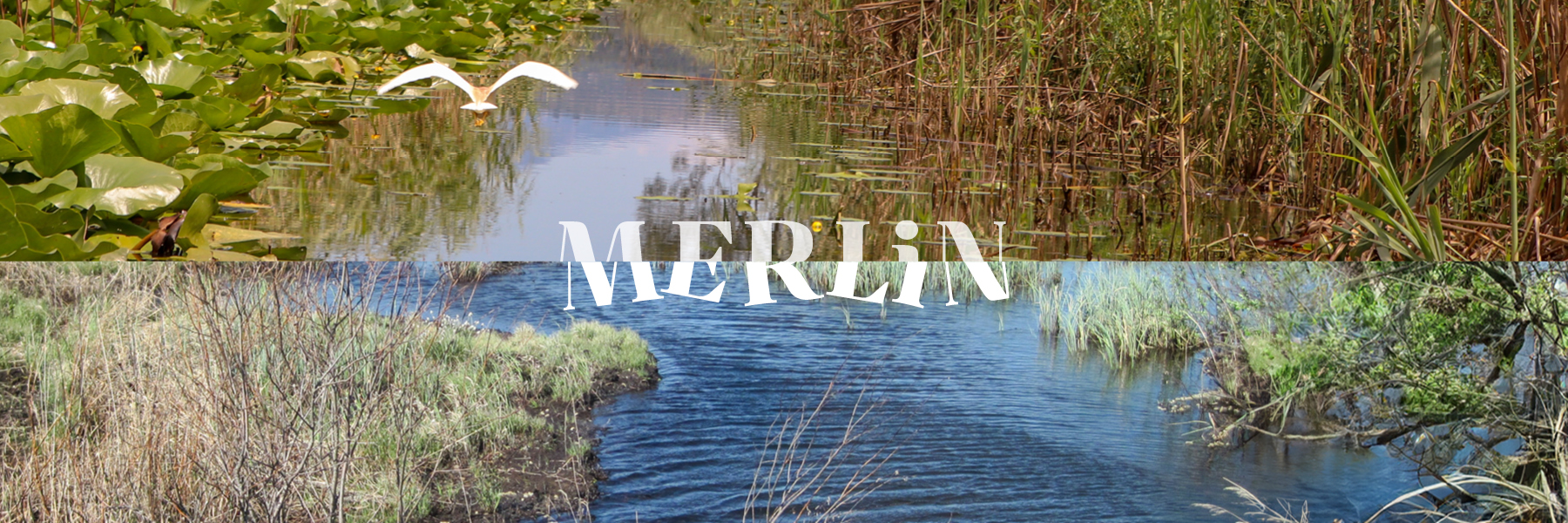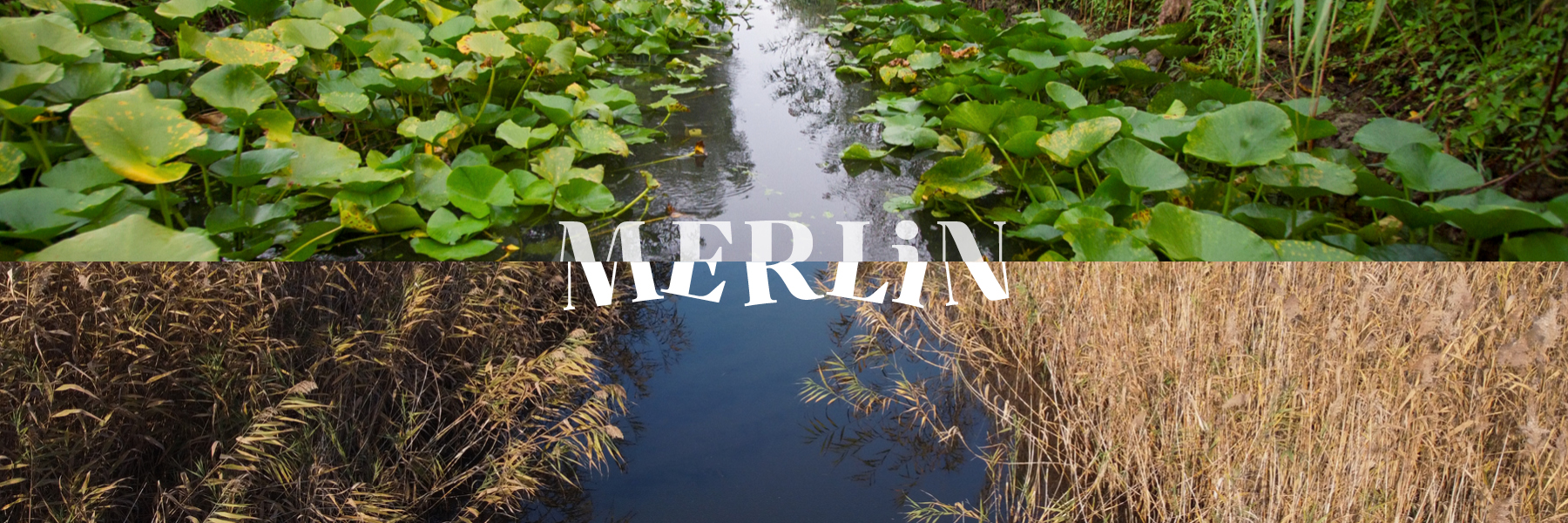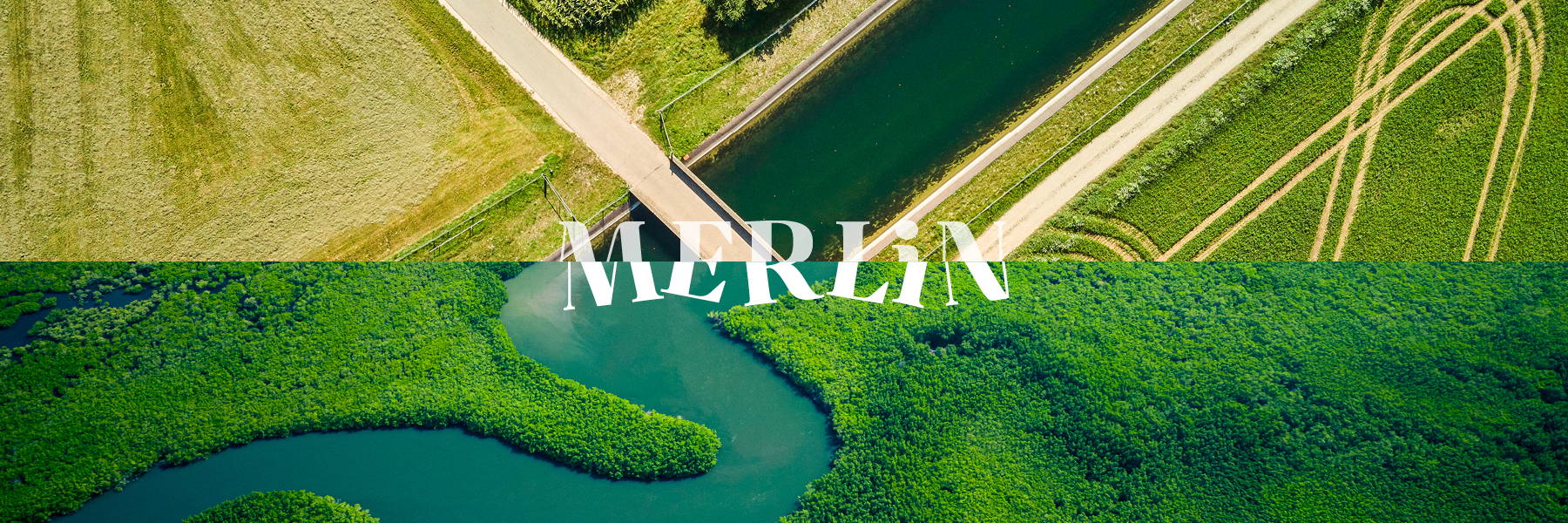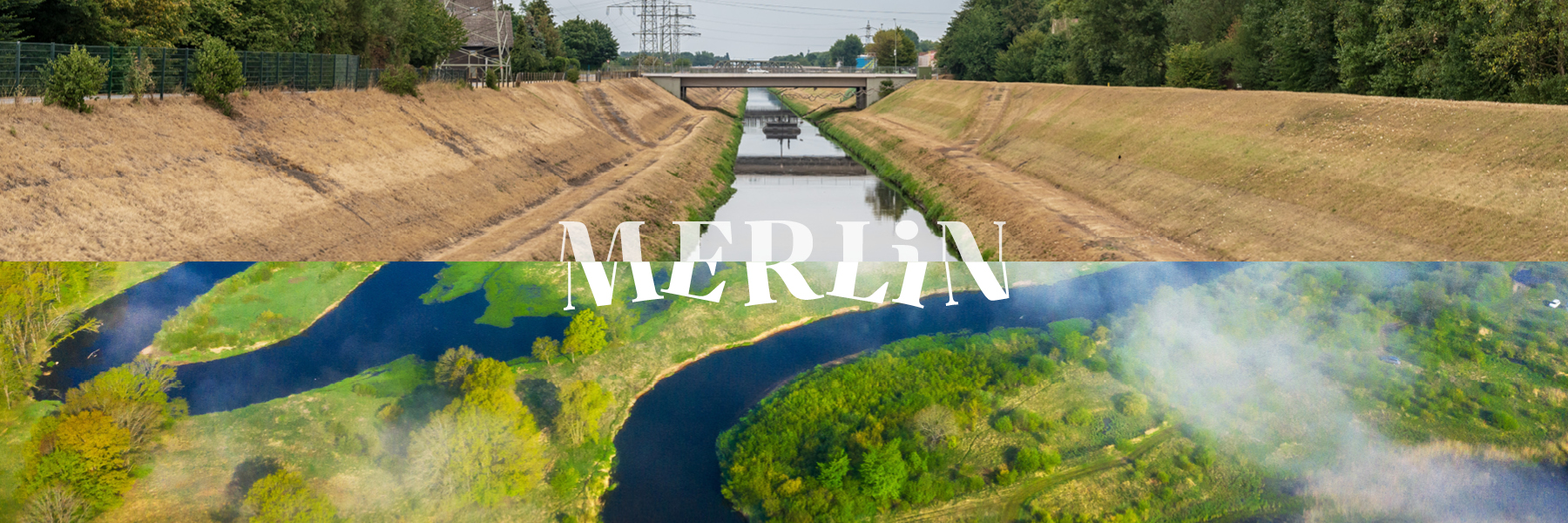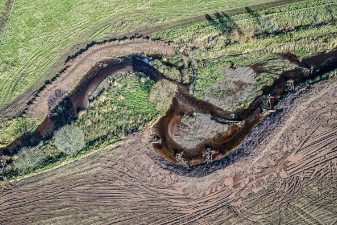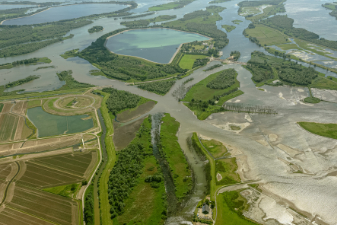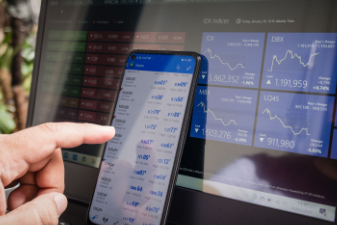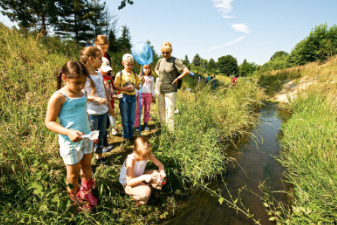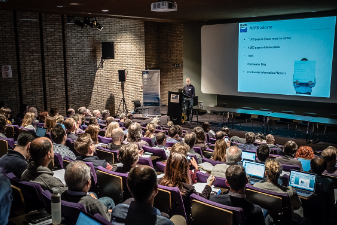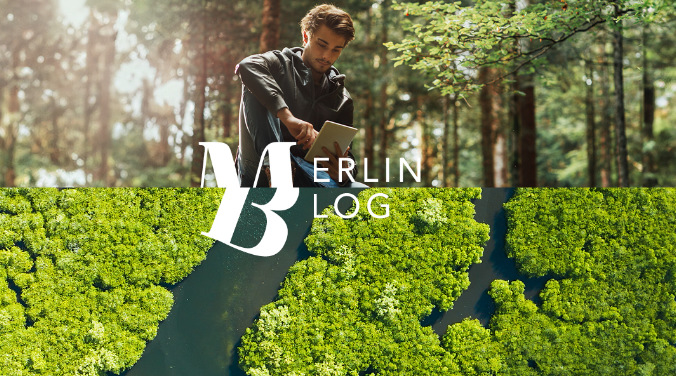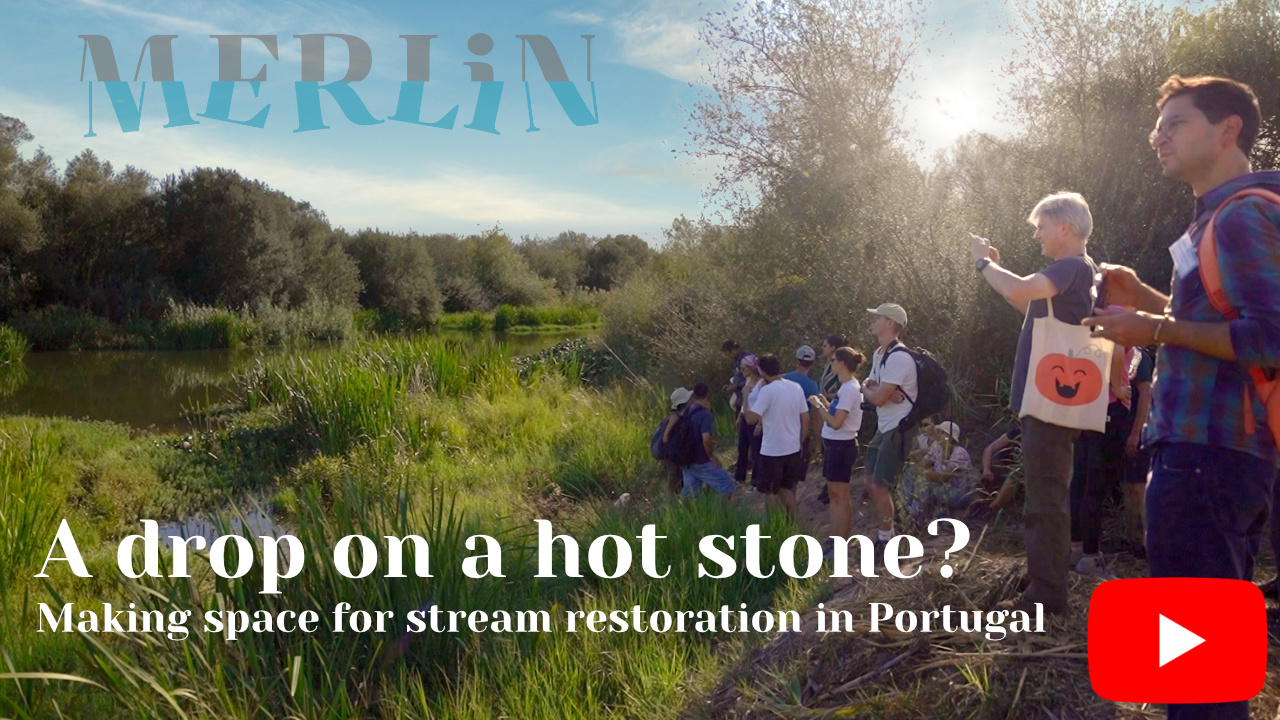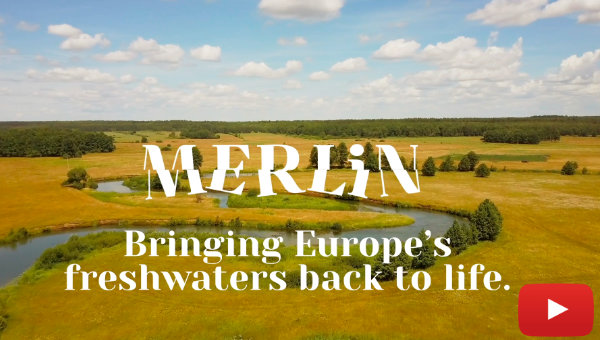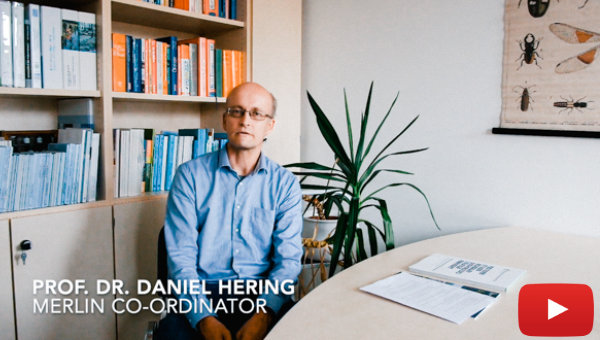Mainstreaming Ecological Restoration of freshwater-related ecosystems in a Landscape context: INnovation, upscaling and transformation
Europe's environment is in an alarming state, with climate change expected to further aggravate the situation. This poses severe threats to economic prosperity, human wellbeing and social peace – our society needs systemic transformative change.
Ecosystem restoration is key to this change, and freshwaters play an important role: the restoration of streams, rivers, peatlands and wetlands has a long tradition and offers an extensive knowledge base – freshwaters are ideal demonstrators of the necessary change.
The MERLIN project commits to transformative ecosystem restoration, mainstreaming Nature-based Solutions for the urgent systemic change of our society.
Freshwater, Wetlands, and Sponge Landscapes for Resilient Europe: Policy Insights from Flagship Project
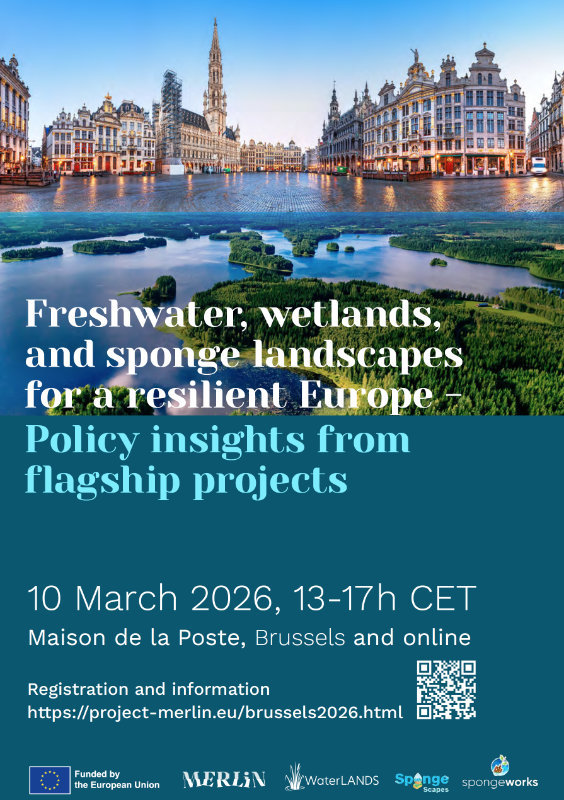
10 March 2026 · 13:00–17:00 CET · Maison de la Poste, Brussels (Hybrid)
Co-organised by MERLIN · WaterLANDS · SpongeScapes · SpongeWorks
About the Event
Europe is entering a decisive phase in implementing the Nature Restoration Regulation (NRR). This joint policy event presents key insights from four Horizon flagship projects and offers a space for exchange with EU and national decision makers.
MERLIN policy briefs
The Benefits of Nature-based Solutions: evidence using a systemic monitoring approach
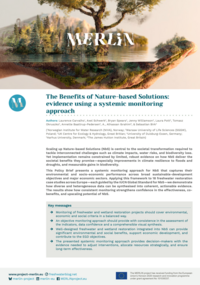
Scaling up Nature-based Solutions (NbS) is central to the societal transformation required to tackle interconnected challenges such as climate impacts, water risks, and biodiversity loss. Yet implementation remains constrained by limited, robust evidence on how NbS deliver the societal benefits they promise—especially improvements in climate resilience to floods and droughts, and measurable gains in biodiversity.
This Policy Brief presents a systemic monitoring approach for NbS that captures their environmental and socio-economic performance across broad sustainable-development objectives and major economic sectors. Applying this framework to 18 freshwater restoration case studies across Europe — each guided by the IUCN Global Standard for NbS — we demonstrate how diverse and heterogeneous data can be synthesised into coherent, actionable evidence. The results show how consistent monitoring strengthens confidence in the effectiveness, co-benefits, and upscaling potential of NbS.
MERLIN webinars

The MERLIN webinar series has come to an end. There were more than 35 hours of excellent presentations by >45 experts, fruitful discussions and countless questions answered, covering a wide range of topics in the fields of economic prosperity, human wellbeing, transformative ecosystem restoration and the mainstreaming of Nature-based Solutions.
More Videos
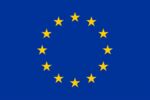
MERLIN is a "research and innovation action" funded under the European Commission’s Horizon 2020 programme under grant agreement No 101036337.

